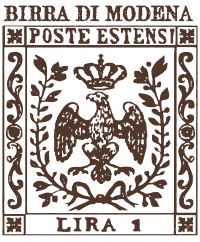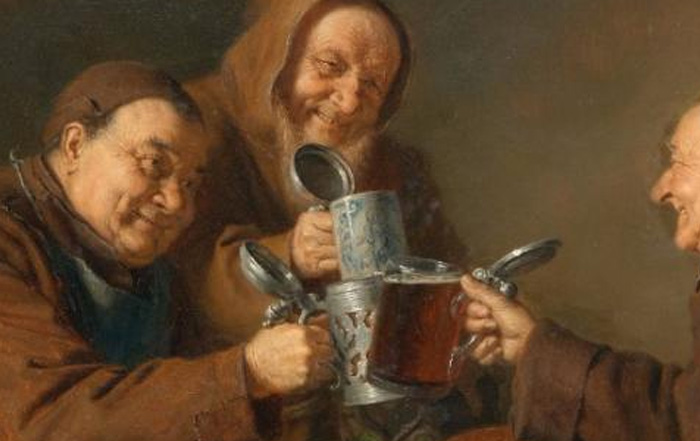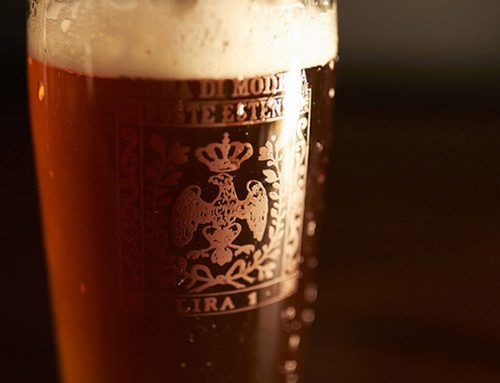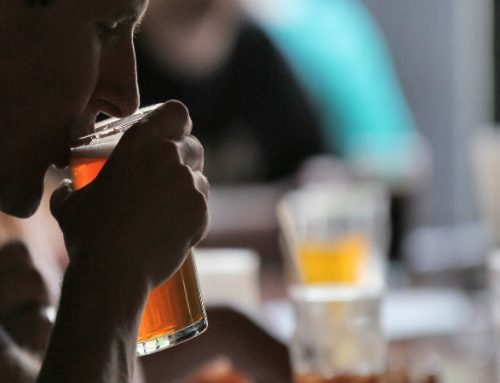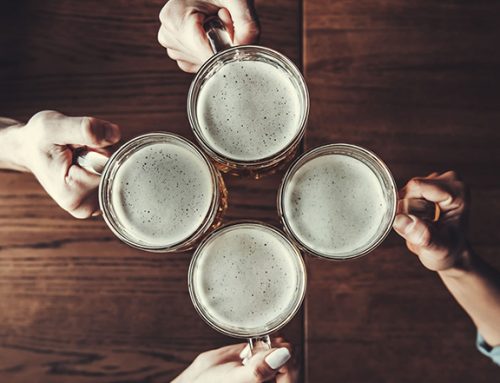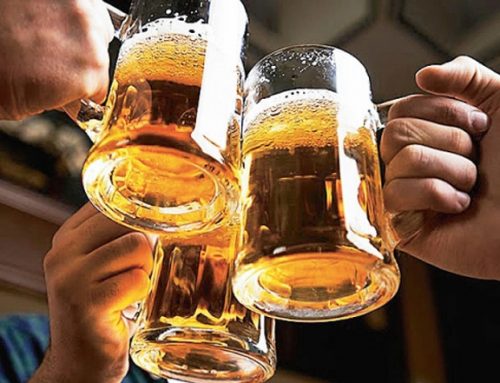It refers to a law issued by Duke Wilhelm IV of Bavaria in 1516, the Prohibition of Substitutes (Der Surrogatverbot), which was only much later, in 1918, renamed the Law of Purity (die Reinheitsgebot). This appears on the labels of the majority of German beers, but the importance of the law has been exaggerated. It simply picked up a previous limitation of the ingredients of beer to hops, barley, and water, as had been established by decree in Munich in 1447 and extended to all of Bavaria in 1487. Today yeast is also indicated, but at that time its presence had not yet been identified.
The objective of the decree was to prohibit the use of ingredients that were bizarre and unhygienic and to direct the production of beer to barley, so saving wheat supplies for the production of bread. Actually the 1516 law is devoted in good part to matters of taxation.
It is also to be noted that this law became national, so extending to all of Germany, only in 1906, and still under the technical name of the Prohibition of Substitutes, to become the Law of Purity in 1918. It was ignored in the German Democratic Republic and, in 1987, declared by the European Court to be inapplicable to beers imported into Germany. The law, nonetheless, remains a point of pride not only for German breweries but also for those of other countries that have chosen to respect it.
But it is a point of pride that is a little foolish. It is possible to make perfectly good beer with a mixture of barley and other cereals, such as wheat (used by the Germans themselves, whose circumvention of the law is discussed in a complementary article-FAQ), rice, millet and corn. Italian beers often use a good measure of corn. Moreover, in well regarded beers around the world, there is the use of the most varied ingredients, running from the use of exotic spices in certain Belgian beers to that of algae in certain Scottish beers.
